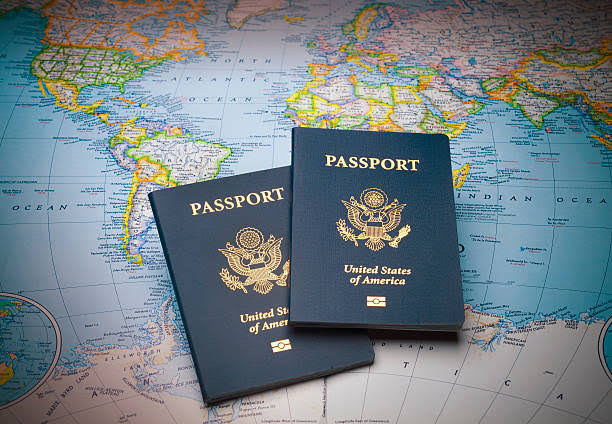News
Why Japan and Singapore Are Now Better Than US for Global Travel

The American passport has taken a major hit in global mobility, dropping to 10th place in the 2025 Henley Passport Index.
Meanwhile, Singapore now holds the top spot, offering visa-free or visa-on-arrival access to 193 destinations worldwide.
In comparison, US passport holders can now access just 182 destinations without a visa.
That’s a significant slip from previous years when the US consistently ranked among the top five.
Asian countries continue to dominate the top of the rankings. Japan and South Korea share second place, giving their citizens access to 190 destinations.
Not far behind, Germany, Spain, France, Italy, Finland, Ireland, and Denmark are tied for third with 189.
The fourth spot includes Austria, Belgium, Netherlands, Portugal, Sweden, Norway, and Luxembourg, offering access to 188 destinations. Greece, New Zealand, and Switzerland follow in fifth with 187.
Notably, the United Kingdom has climbed to sixth, now granting entry to 186 destinations.
Australia, Malta, Poland, Hungary, and the Czech Republic are all tied in seventh with 185.
Canada, once a top-tier passport power, now ranks eighth alongside Estonia and the United Arab Emirates, each with 184 visa-free destinations.
Meanwhile, Croatia, Slovakia, Latvia, and Slovenia take ninth place.
Joining the United States in 10th place are Iceland and Lithuania.
At the bottom of the rankings sits Afghanistan, whose citizens can only access 25 countries without a visa.
This highlights the deepening global gap in travel freedom.
According to Christian H. Kaelin, Chairman of Henley & Partners and the creator of the index, global travel access has expanded on average.
In 2006, travelers could visit just 58 countries without a visa. That number has nearly doubled to 111 in 2024.
However, Kaelin warned that this growth has not been equal.
While top-ranking countries continue to gain more travel access, those at the bottom remain severely restricted.
The index uses exclusive data from the International Air Transport Association (IATA).
It has become a key benchmark for comparing the strength of passports across the globe.
With 2025 shaping global mobility trends, the latest rankings show how politics, diplomacy, and international relations continue to shape who can travel and who can’t.
For Diaspora Digital Media Updates click on Whatsapp, or Telegram. For eyewitness accounts/ reports/ articles, write to: citizenreports@diasporadigitalmedia.com. Follow us on X (Fomerly Twitter) or Facebook












